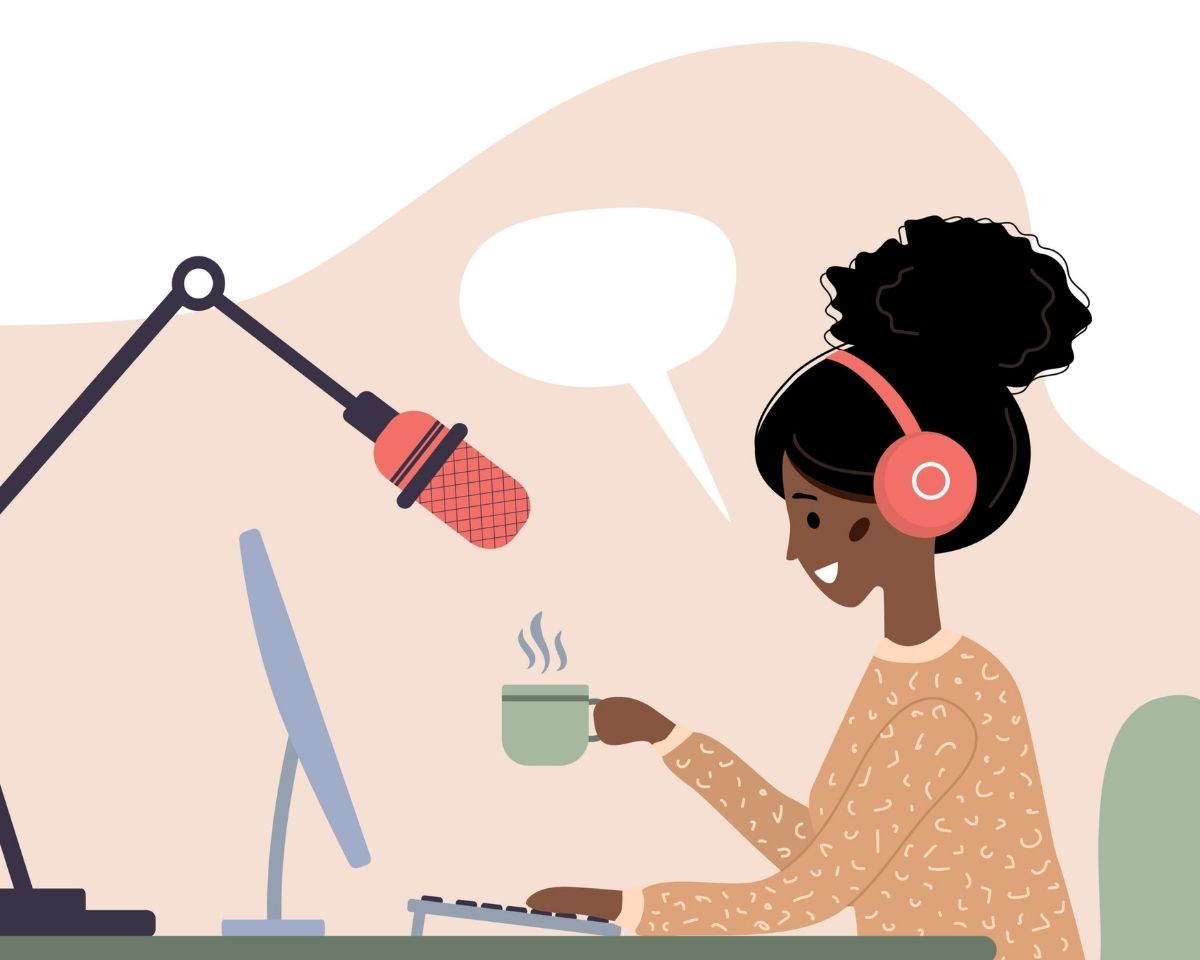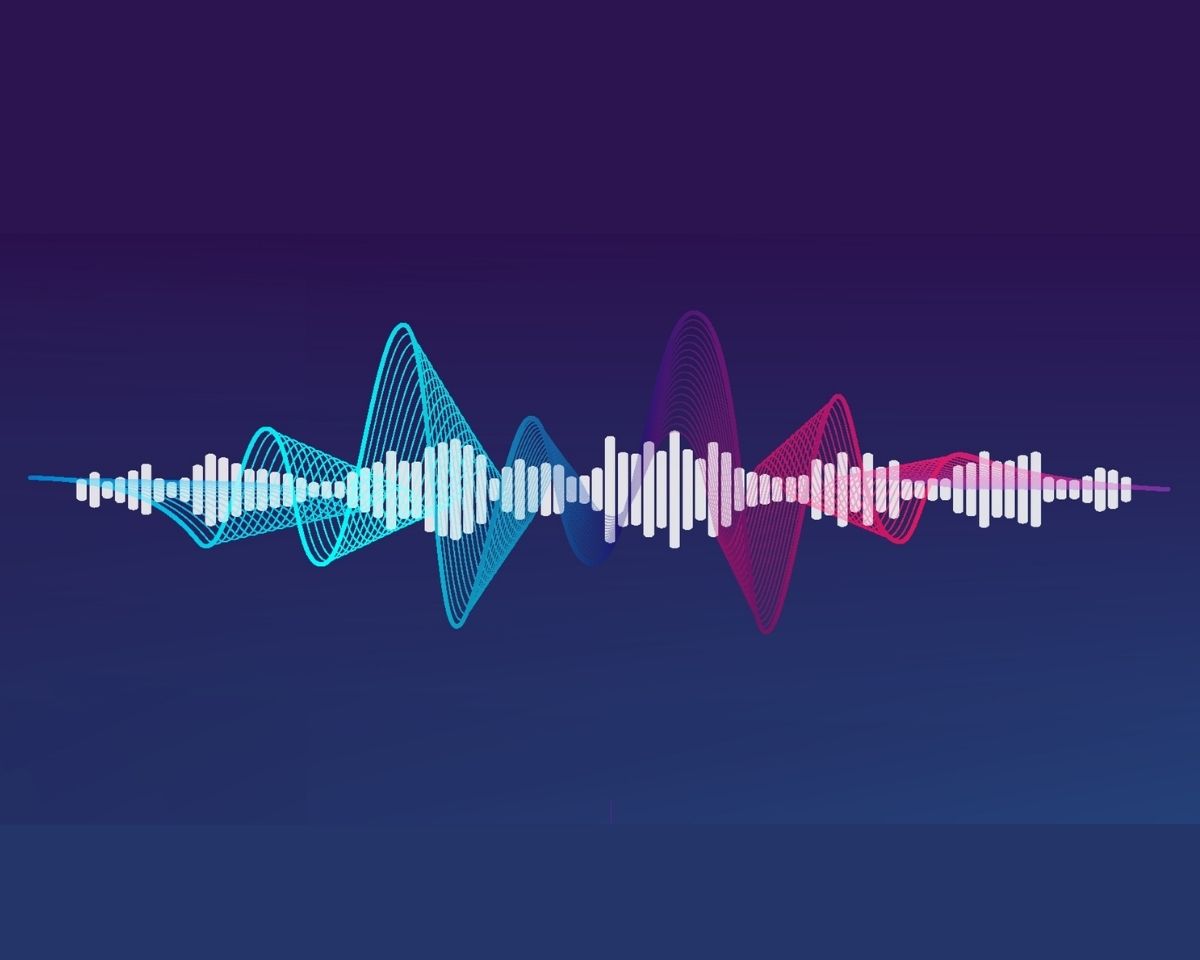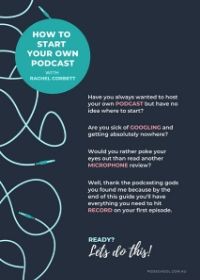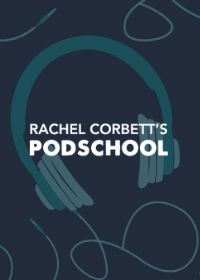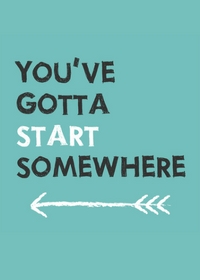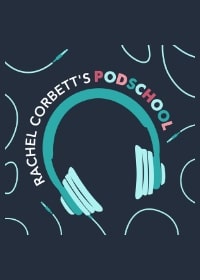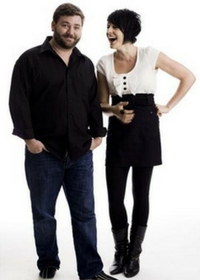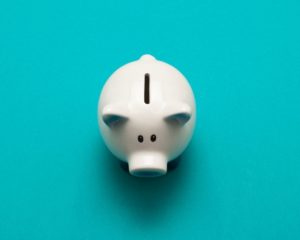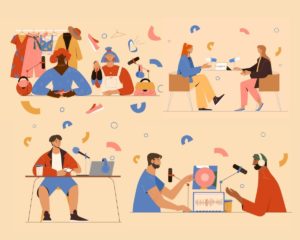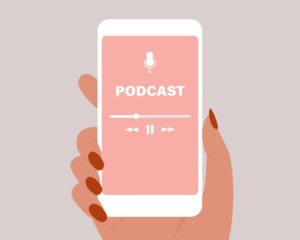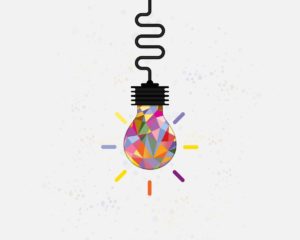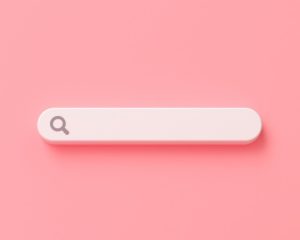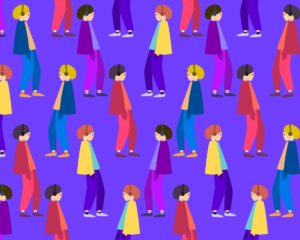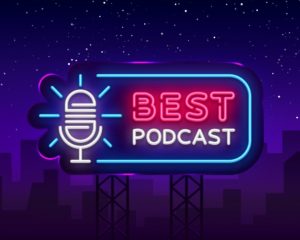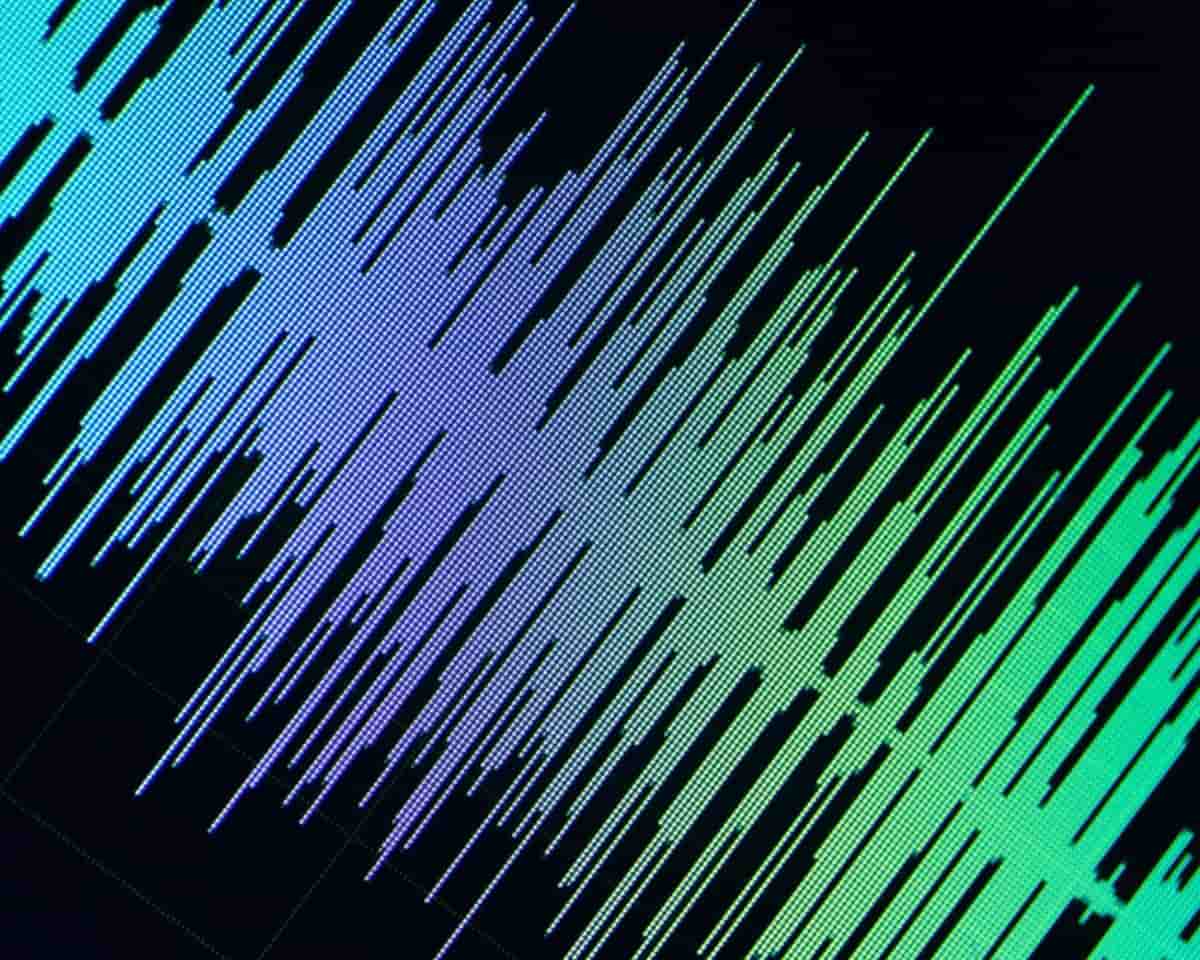
Is podcast editing a must?
The short answer? Hell yes!
Podcast editing can be scary if you don’t know what you’re doing but not editing your podcast can be even scarier!
Since recording a podcast perfectly without any faff, fluff or stuff-ups is hard even if you’re a professional, you need to think about editing as your secret weapon to make sure your listeners get the best possible content.
How do you get good at podcast editing?
Learning the basics of podcast editing isn’t hard, I promise!
In fact, most people I teach in my online podcasting course are surprised it’s nowhere near as tough as they thought.
If you’re new to it, it can be intimidating but you just need to get your flying hours up to build your confidence. And train your ear to be able to hear the difference between a good and bad podcast edit.
The biggest part of getting good at podcast editing is practice.
Do you need to spend a lot of money on editing software?
Nope!
You can use a free program like Audacity or get access to a program like Adobe Audition (which is what I use) for a small monthly fee.
Your choice of editing software really comes down to what you want to do in your edit.
If you’re just starting out it’s a good idea to use a free program until you know this is definitely something you want to do and then transition across to a program like Adobe Audition if you want to upgrade.
There are other more high-end programs out there like Pro Tools but don’t be fooled into thinking you need to use something like that to have a good podcast.
Those programs are designed for much more complex editing and will have a lot more features than you need unless you want to create detailed soundscapes…which you probably don’t when you’re starting out.
How do you know what to cut?
It’s important to remember your audience has no idea what you left on the cutting room floor when they listen to your show. So, keep that in mind when you’re stuck wondering what to leave in and what to take out.
Some things will be easy to get rid of, like if someone says “um” a million times or if you go off on an unrelated tangent that doesn’t add anything to the show.
But other decisions will be tougher so you always need to be editing with your podcast audience in mind.
I’ve heard shows where the co-hosts start by rambling on for 10 minutes about something that makes me think “have you guys forgotten I’m here?” I’ve even heard one show where the hosts stopped to take a bite of their sandwich…I mean, really?!?!?!
You want your audience to hear the best possible version of your podcast and that means you need to be respectful of their time and remove anything that doesn’t serve them.
That often means putting your ego aside and removing parts of the show that you think are great but that might not add anything for your audience.
That can be tough but it’s important if you want to keep people coming back for more.
Podcast editing is an essential part of the podcasting process if you want to give your listeners a high-quality show.
So start getting yourself across the software and practice, practice, practice. The more time you do it the better you’ll get and the more your show will improve.
Got a burning question you’d like answered on the podcast? Send me an email.
Want to start your own podcast but need a little help? Download my “How To Start A Podcast” guide or sign up for my online podcasting course, PodSchool.
[00:00:00] Hello and welcome to the show today. I'm going to be talking about the importance of editing your podcast. If you're not doing this already I would highly advise you to do it. If you're not doing it because you have no editing skills there are plenty of services out there (including PodSchool.com.au) that can help you ship out a show that's in much better shape than the one that ends up coming out when you just open the microphones, start yabbering and ship out whatever ends up going down on tape.
[00:00:34] Your show is your business card. It's your brand. Every single episode of your program goes out into the ether and is ingested into people's ears and you want it to be as best as it possibly can be. If you've never thought about audio as a 'show' or you haven't done much audio work before it can be a bit difficult to work out what the structure of a show should be. But there is very rarely a time when there won't at least need to be some kind of work on the edit after you've recorded an episode. Essentially you want to make sure you're putting your best foot forward.
[00:01:13] More often than not you'll notice when you're recording anything it will always feel like the discussion went for much shorter than it actually did and the most important thing you can remember when you're editing your podcast is that your audience has no idea about what didn't go into the episode.
[00:01:39] I've been working with some people helping them on their edits lately and one of the things they really struggle with is leaving stuff on the cutting room floor. Naturally if you've got killer stories and great gear and it's all really succinct and your guest or you deliver it in a beautiful bite sized piece with a bow on it and it sounds great you're never going to let those kind of bits of an episode slide. But if your guest takes a while to get to their story or you and your co-host go off piste or it takes a while to get to the crux of what you're trying to say, it's always going to be for the best for you to edit that stuff out. You want the show that ends up in your listeners ears to be as perfect as it possibly can be. Of course it's never going to be absolutely perfect but if you just trim down some of the fat it will be much more enjoyable for the person who's having to consume the content. You need to be willing to let go of some of the things you spoke about in the show and realise that your audience will never have a clue that it didn't make it into the episode. You want your audience wanting more every time they come to your show and the way to do that is to make sure that you're only putting the best of the best into the program.
[00:03:00] Next week I'll talk about some of the ways that you can actually make your edit easier when you're at the record stage of the process but for now I just want you to marinade on the idea that the only person who knows what is in that original audio is you. So whatever you cut out, your audience will have no idea and they will always be better off for you going through and tidying up the show and making sure it's as good as it possibly can be by the time it gets to them. Thanks so much for joining me this week. As always you can head to PodSchoolPodcast.com where there are a whole bunch of resources to help you including a tech guide that will take you through all the tech that you need to set up a home studio and a link to my online podcasting course, PodSchool.com.au where I take you through all of the steps of the podcasting process from beginning to end, including how to edit your show.
[00:03:52] I'll see you next week and until then happy podcasting.
